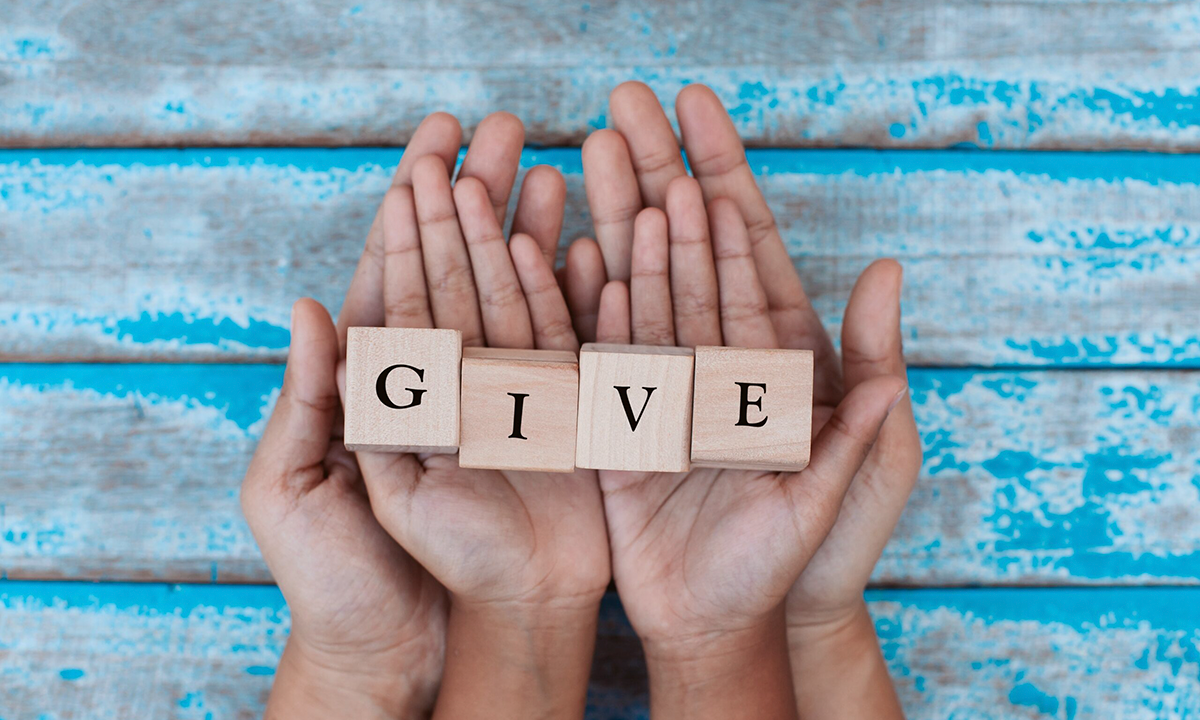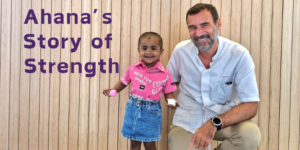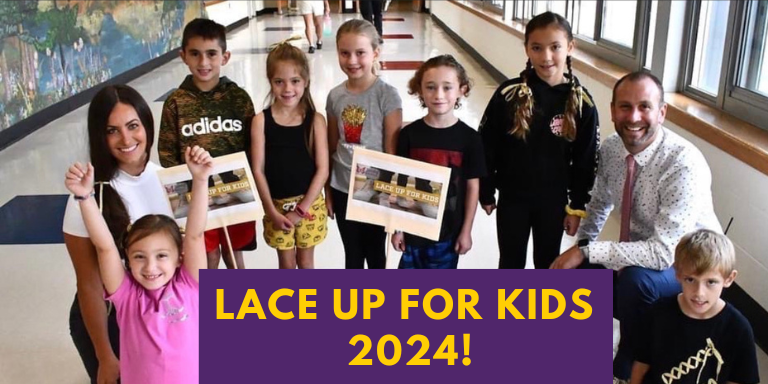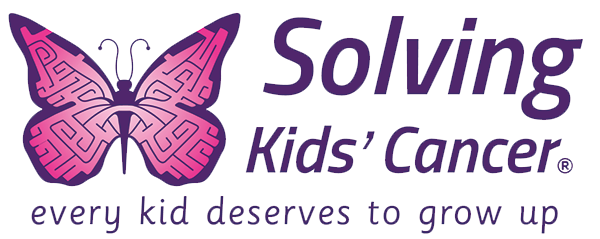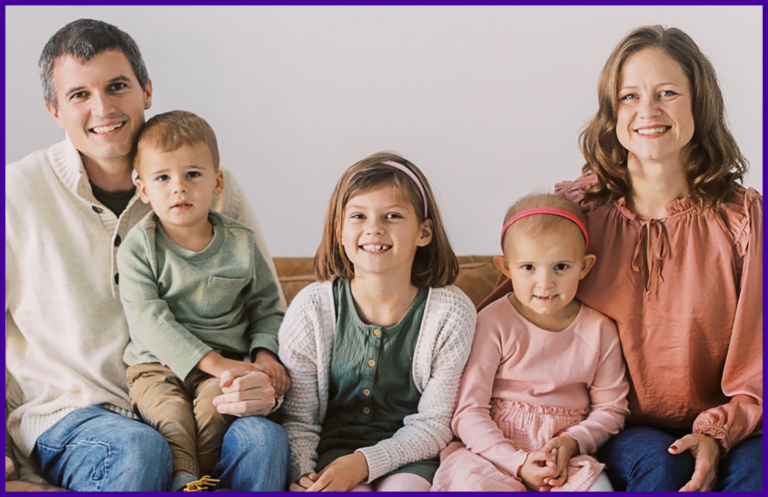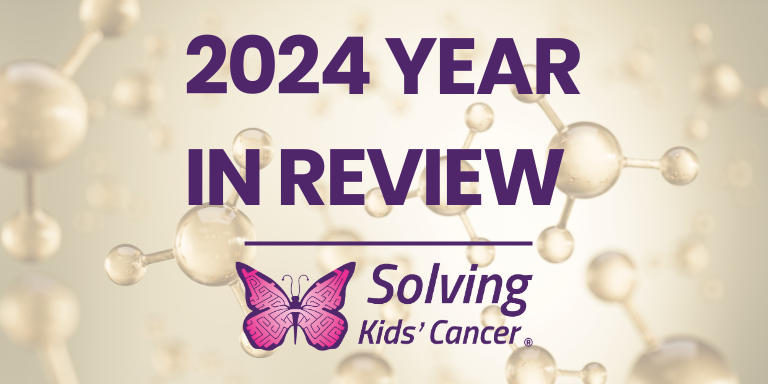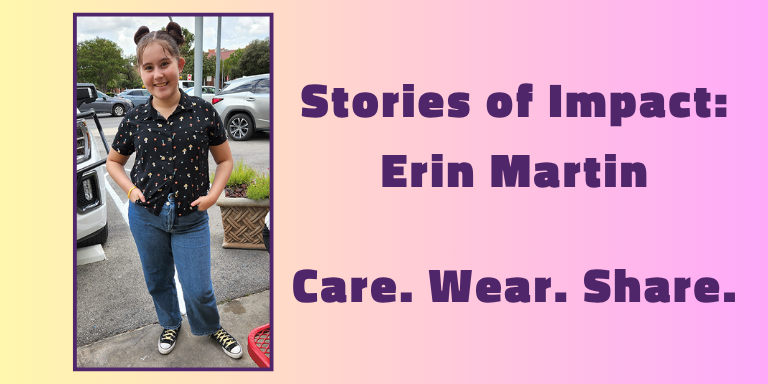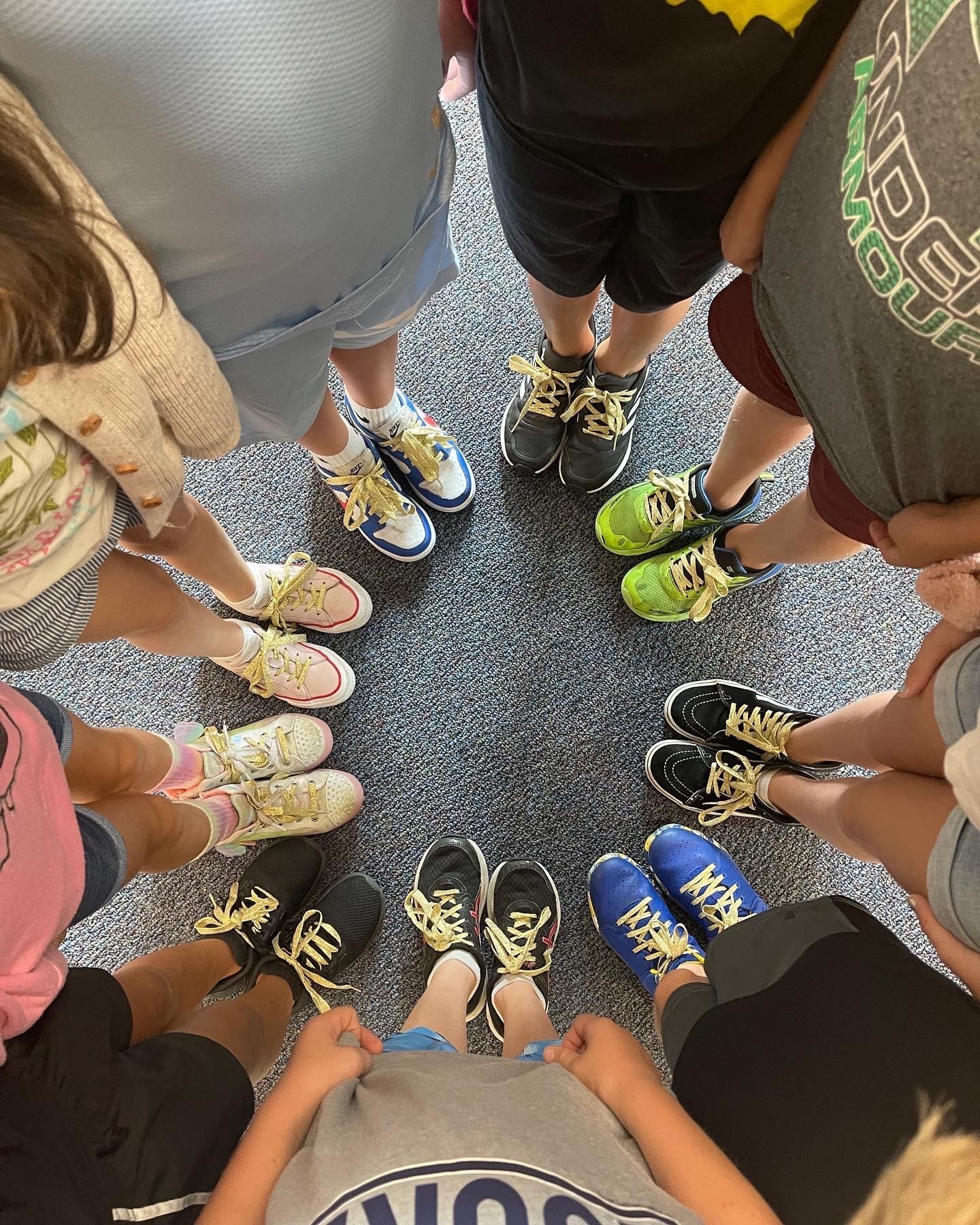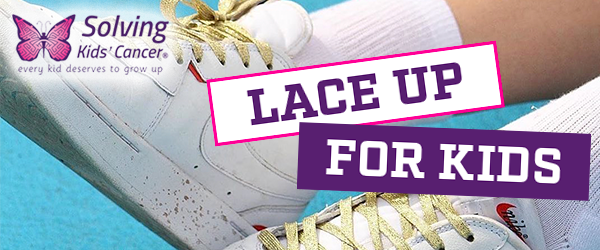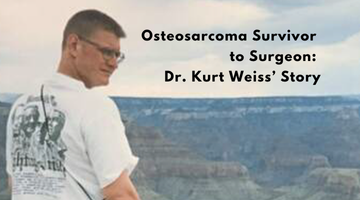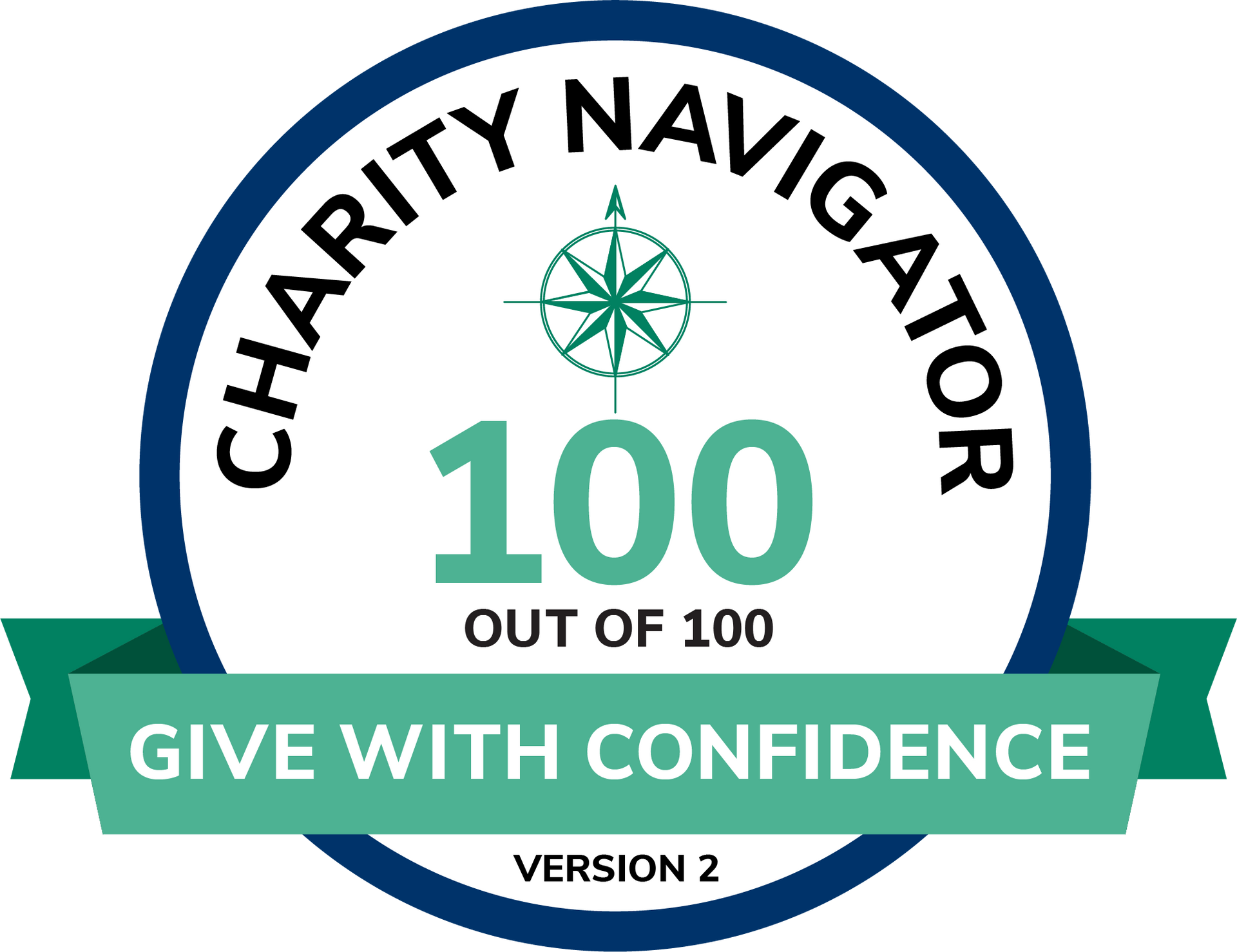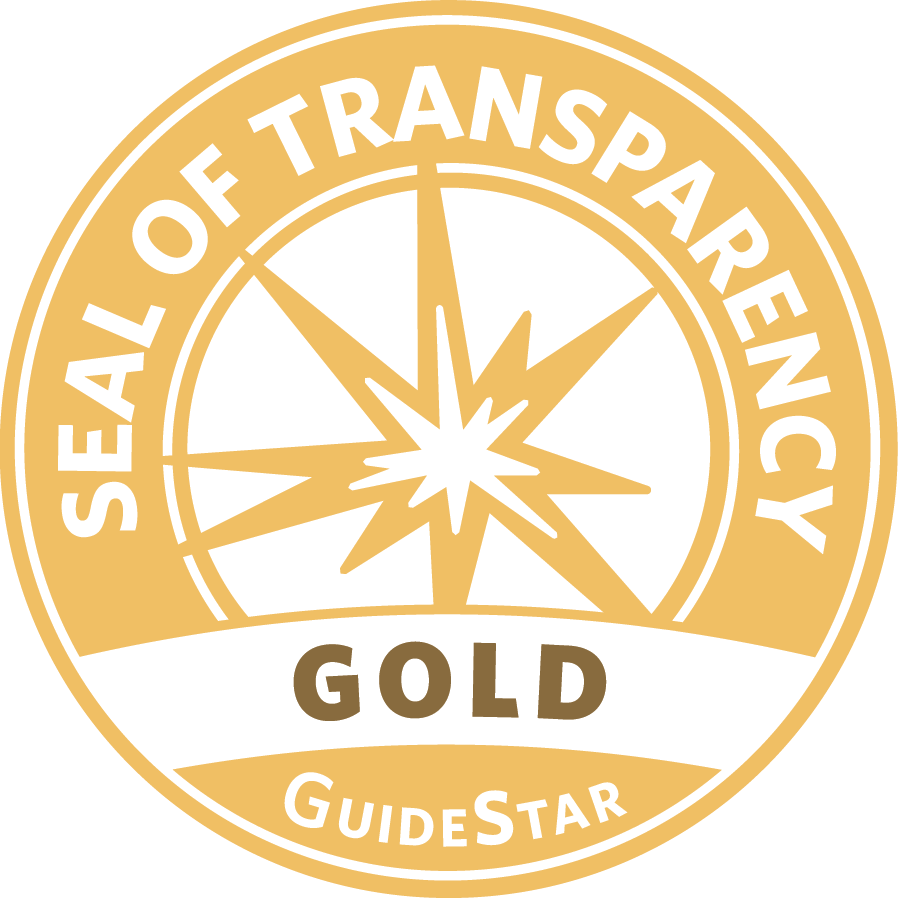Evelyn’s Brave Battle With ALK Neuroblastoma
Evelyn’s Brave Battle With ALK Neuroblastoma
Every family’s story is filled with moments of joy and sudden challenges. In their Iowa home, Lindsay and Adam cherished the lively bustle of raising their young kids. But while they watched their nearly two year-old daughter Evelyn soak up a midwestern summer, they began to notice troubling changes in her behavior and health. This is the story of how one family faced neuroblastoma head-on and emerged stronger on the other side.
Early Signs and a Shattering Diagnosis
Evelyn was a typical toddler, bubbling with energy. But when she began to show unusual signs of irritability, clumsiness, and a persistent fever, Lindsay and Adam grew concerned. After multiple doctor visits and extensive testing, they received a heart-wrenching diagnosis: neuroblastoma cancer. Lindsay, a registered nurse, felt her entire family’s world shift. “It’s just a very surreal feeling. Your reality is shaken.”
This initial diagnosis was just the beginning. Further genetic testing revealed an Anaplastic Lymphoma Kinase (ALK) ALK mutation in Evelyn’s cancer, a critical piece of information for determining her treatment. This mutation, causing specific genetic changes, can make cancer cells grow and spread. Knowing Evelyn had ALK neuroblastoma was crucial as it made her eligible for a targeted and potentially more effective treatment strategy offered in a specific arm of a clinical trial, providing a ray of hope in their fight against the disease.
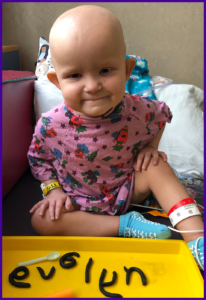
The Start of Treatment and Move to Philadelphia
Determined to fight for Evelyn’s life, the family began the national frontline trial available in their home state. However, recognizing the benefit of expert care, especially given Evelyn’s ALK mutation, they sought out the Children’s Hospital of Philadelphia (CHOP) for its renowned pediatric oncology program. At CHOP, they consulted Dr. Yael Mossé, known for her significant work in ALK-related neuroblastoma.
This transition to CHOP allowed Evelyn to continue in the Children’s Oncology Group (COG) clinical trial that included an ALK inhibitor along with the standard treatment of induction chemotherapy, surgery, two stem cell transplants, radiotherapy, and immunotherapy.
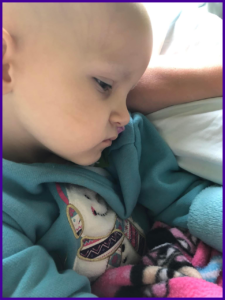
The Harsh Reality of Crizotinib and Transition to Lorlatinib
Initially, Evelyn was given crizotinib, a drug that is minimally effective at fighting neuroblastoma cancer and causes severe side effects. “Every time she took it, it was pretty debilitating,” Lindsay shared. The medicine tasted so bad and caused such severe vomiting that Evelyn needed a nasogastric (NG) tube for nourishment, making each day a struggle.
In February 2022, Evelyn faced another major challenge: her second autologous transplant. Unfortunately, it led to serious complications that necessitated a prolonged pediatric intensive care unit (PICU) stay and nine months of total parenteral nutrition (TPN) at home, a period that tested the family’s strength and resilience.
Due to a timely amendment to the trial spurred by funding from Solving Kids’ Cancer, Evelyn was the first child on the trial to receive lorlatinib in May 2022. This drug, a third-generation ALK inhibitor, was a game-changer. It was designed to more effectively target Evelyn’s neuroblastoma and is more tolerable than crizotinib.
Lindsay and Adam observed profound changes. Evelyn’s severe side effects from previous treatments diminished, and she began to regain some of her spirited energy. “One of Lorlatinib’s better side effects is that it increases appetite,” Lindsay remarked, a major milestone that gave her and her family a renewed sense of hope.
Immunotherapy and Acute Respiratory Distress: Navigating New Challenges
Two months after beginning her lorlatinib treatment, Evelyn moved on to the immunotherapy phase of her treatment. This included adding three agents — dinutuximab, GM-CSF, and isotretinoin — along with the lorlatinib.
Dinutuximab is an antibody that binds to the neuroblastoma cell surface antigen, GM-CSF helps boost white blood cell production to strengthen the immune system, and isotretinoin causes cancer cells to mature or differentiate. Each of these drugs plays a distinct and complementary role, designed to rid microscopic disease remaining after the initial phases of treatment consisting of chemotherapy, surgery, stem cell transplants, and radiotherapy.
While the first cycle of this combination treatment was manageable for Evelyn, the second cycle proved to be too much for her body to handle. It led to a severe condition called acute respiratory distress syndrome, a life-threatening lung issue that required specialized support from a machine called veno-venous ECMO to help her breathe and survive.
Lindsay reflected on this challenging period, “We were getting closer to the end of treatment, so I had all the best hopes for it, but something happened … it just went too far.” Despite the best efforts of the medical team, this stage of Evelyn’s treatment highlighted the delicate balance between treating the disease and protecting the fragile health of a young child. “These treatments are just hard on kids. But I’m grateful that she can take lorlatinib,” Lindsay shared.
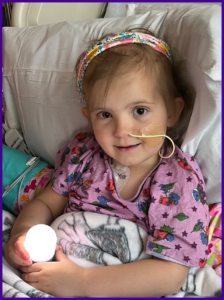
The Vital Role of Solving Kids’ Cancer
Solving Kids’ Cancer (SKC) was instrumental in bringing lorlatinib to children like Evelyn. With funding and advocacy, SKC sped up the process, getting this life-changing medication from initial trials for relapsed or refractory patients to children like Evelyn in firstline treatment.
Lindsay shared, “I’m excited that there is an organization out there that’s willing to take a risk on ALK neuroblastoma.” SKC’s work not only impacted Evelyn’s life directly but also offers hope for future advancements in treating childhood cancer.
A Heartfelt Message of Hope and Advocacy
Through their journey, Evelyn’s parents have become strong advocates for research, precision medicine, and community support. They encourage other parents to seek out the best treatments, ask questions, and become proactive in their child’s health journey. “I would tell a newly diagnosed parent to get their tumor tested for mutations first thing,” Lindsay advised, emphasizing the importance of armed knowledge and expert care.
Evelyn’s story, though filled with its fair share of challenges, is ultimately a story of courage and resilience. As Evelyn continues to grow and thrive, she symbolizes the potential for brighter futures, made possible by the relentless pursuit of better treatments for better outcomes.
When you support Solving Kids’ Cancer, you help fuel research, and nurture hope for countless children and their families fighting their toughest battle — because every kid deserves to grow up.
